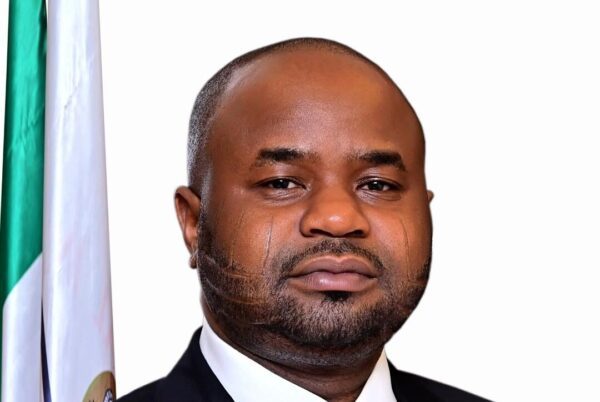The United Nations Children’s Fund, UNICEF, says Nigeria has the third highest cases of female genital mutilation globally.
According to UNICEF, about 20 million women and girls in Nigeria have undergone genital mutilation.
DAILY POST reports that Celine Lafoucriere, Chief UNICEF Lagos Field Office disclosed this at a-two day Media dialogue to support advocacy to end Female Genital Mutilation in Nigeria on Wednesday in Benin City.
The programme held for media practitioners in South-West states and Edo State is organised by the Oyo State Ministry of Information.
“This is a huge number we cannot be blind or deaf to. Most of them were cut before their 5th birthday, at that age when they were completely powerless, when they couldn’t consent, resist or even understand what was happening to them.
“Despite being outlawed in Nigeria, this harmful practice continues in many communities. It continues fuelled by myths, fuelled by tradition. But those myths and traditions must be recognised as harmful myths and traditions.
“No culture or custom should ever come at the expense of girls’ health, rights or their future,” Lafoucriere said.
She, however, noted that change is now happening through initiatives led by the Federal Government of Nigeria in collaboration with UNICEF.
According to her, media involvement in the campaign shows that the end of FGM in the country is both urgent and achievable.
Lafoucriere posited that female genital mutilation is never a choice, but a violation that is inflicted on women and girls.
Earlier, in his remarks, Mr Rotimi Babalola, Permanent Secretary, Ministry of Information, said similar dialogue was organised for Civil Society Organisations, CSOs, judiciary and security agencies in Oyo and Lagos states.
“So today, it’s about the critical stakeholders here, the media. Because we are the people that set the agenda for the society to follow. So we are very, very critical concerning this FGM elimination campaign,” he added.
Babalola, however, appealed that the media should do more and put in extra efforts into the campaign so that all the seven states in the UNICEF office totally eliminate FGM.
On her part, Aderonke Olutayo, Sexual and Reproductive/FGM Consultant, advocated the involvement of parents and men in the campaign against FGM in the country.
Olutayo posited that the involvement of the menfolk in the campaign would go a long way in eliminating the practice in Nigeria.
According to her, men and boys are often excluded from FGM dialogue. “Yet, men are key decision-makers in families. Lack of male champions prolongs FGM acceptance.”
She attributed the barriers to reporting and prosecution of FGM cases to fear of reprisal, lack of safe and confidential reporting channels, minimal arrests and prosecutions in recent years as well as survivors fear of stigmatisation and social exclusion.
Female Genital Mutilation: Nigeria ranks 3rd globally with 20 million victims – UNICEF


